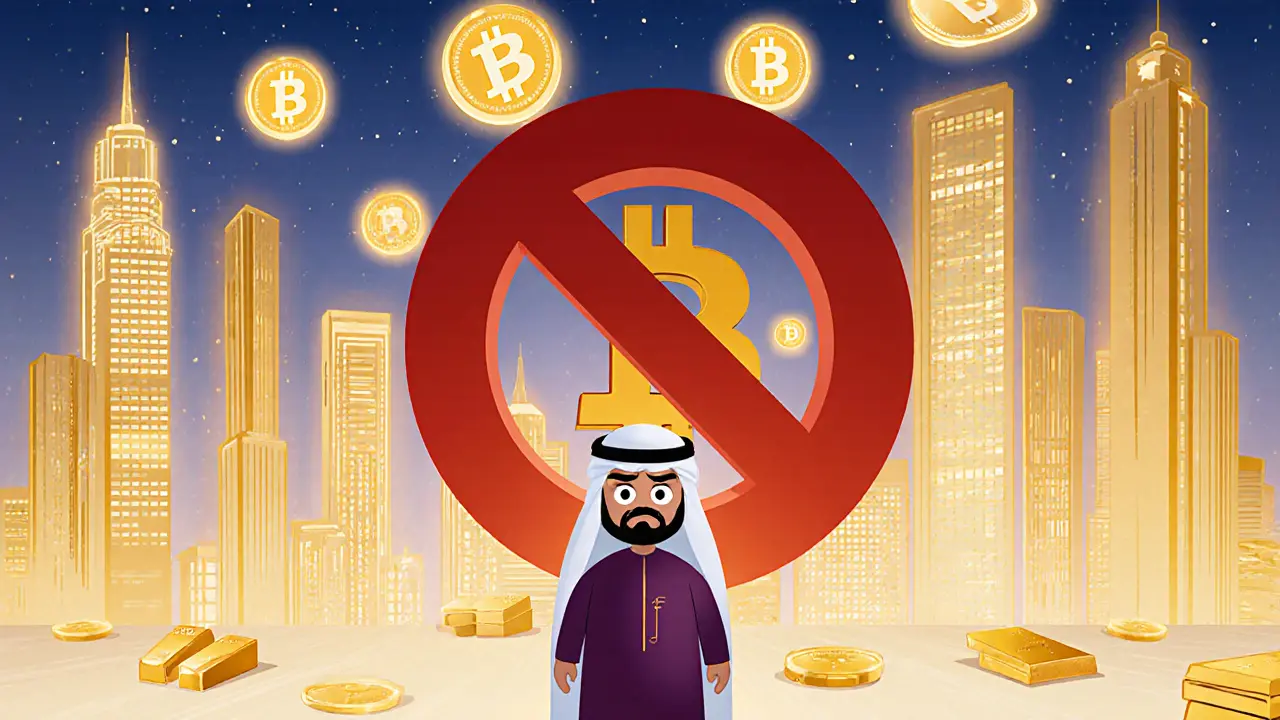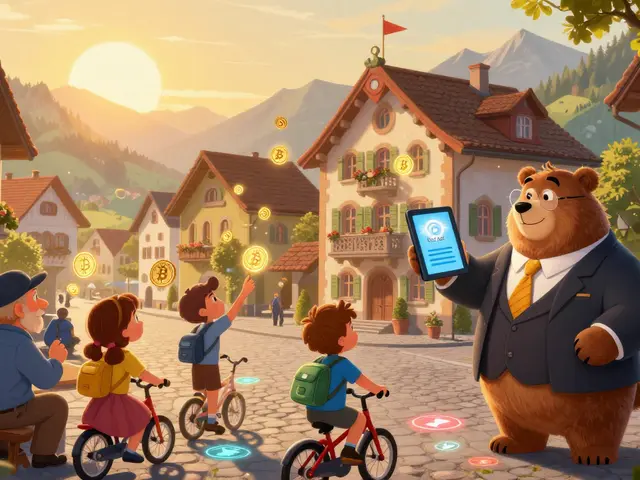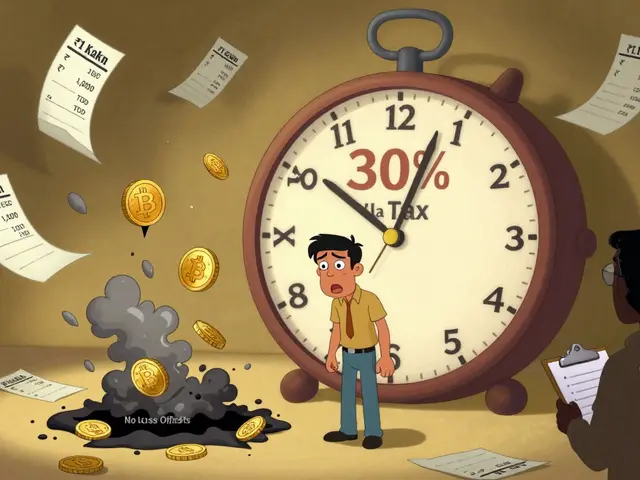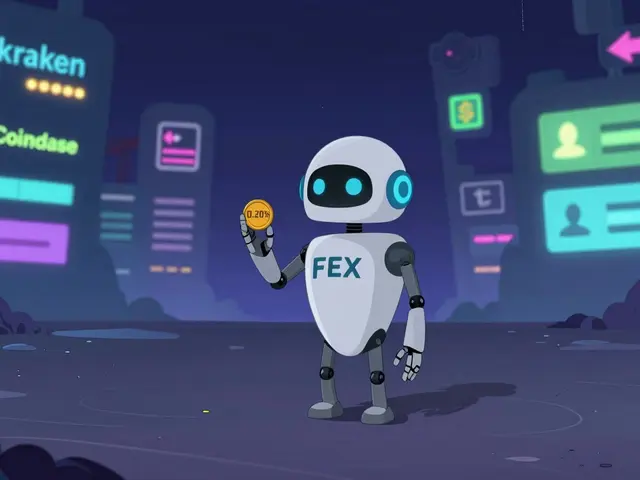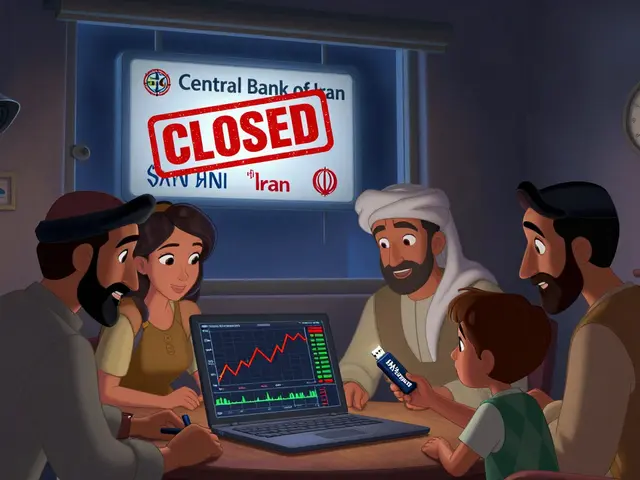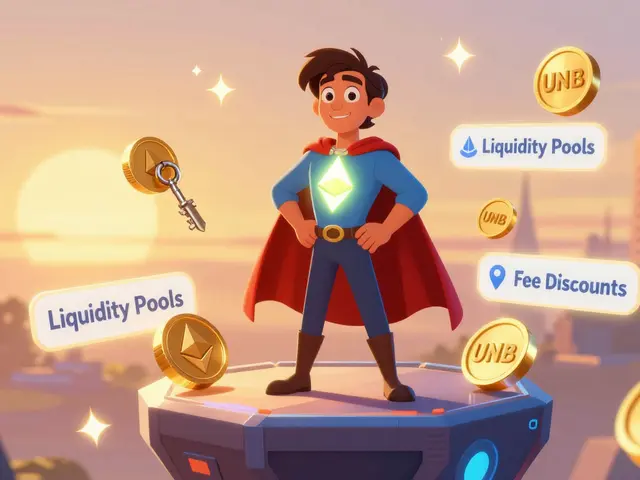Qatar bans Bitcoin and other cryptocurrencies but allows tokenized real estate and assets under strict regulations. Learn what’s legal, what’s not, and how to invest safely in 2025.
Tokenized Assets Qatar: What They Are and How They're Changing Finance
When you hear tokenized assets, digital representations of real-world value like property, art, or bonds, recorded on a blockchain. Also known as tokenized securities, they let you own a fraction of something expensive without buying the whole thing. In Qatar, this isn’t just theory—it’s becoming real. The country’s push for financial modernization, backed by sovereign wealth and tech-friendly regulation, is turning it into a hub for blockchain-backed ownership. Think of it like buying a share of a skyscraper in Doha with a few clicks, not a lawyer and a stack of paperwork.
Tokenized assets in Qatar aren’t just about real estate, though that’s a big part. They’re also being tested for oil and gas rights, infrastructure projects, and even government bonds. This isn’t about replacing banks—it’s about making ownership more liquid, transparent, and global. A Qatari investor can now sell part of their tokenized commercial property to someone in Singapore without waiting weeks for paperwork. The blockchain real estate Qatar, the use of blockchain to divide and trade ownership of physical property in Qatar is already happening in pilot programs tied to the Qatar Financial Centre. And it’s not just local players—global firms are testing how to use Qatar’s legal framework to tokenize assets for the wider Middle East.
What makes this different from crypto speculation? Everything. Tokenized assets are tied to real value. You’re not betting on a meme coin—you’re owning a slice of a building, a wind farm, or a shipping container fleet. The digital assets Middle East, blockchain-based financial instruments used across the Gulf region for investment and trade trend here is driven by institutions, not influencers. Qatar’s central bank is watching closely, and regulators are building frameworks that treat these tokens like traditional securities, not gambling chips. That means more security, more accountability, and fewer rug pulls.
And it’s not just big players. Small investors in Qatar are starting to get access. Platforms are emerging that let you buy $50 worth of a tokenized portfolio of commercial leases or port equipment. No minimums. No gatekeepers. Just direct ownership, tracked on a public ledger. This is financial inclusion, powered by code, not credit scores.
What you’ll find in the posts below are real examples of how tokenized assets work—not hype, not theory. You’ll see what’s actually being tokenized in Qatar, who’s behind it, how it’s regulated, and where the risks still lie. Some projects are live. Others are dead ends. Some are quiet, but powerful. No fluff. No promises. Just what’s happening, right now, on the ground in the Gulf.
